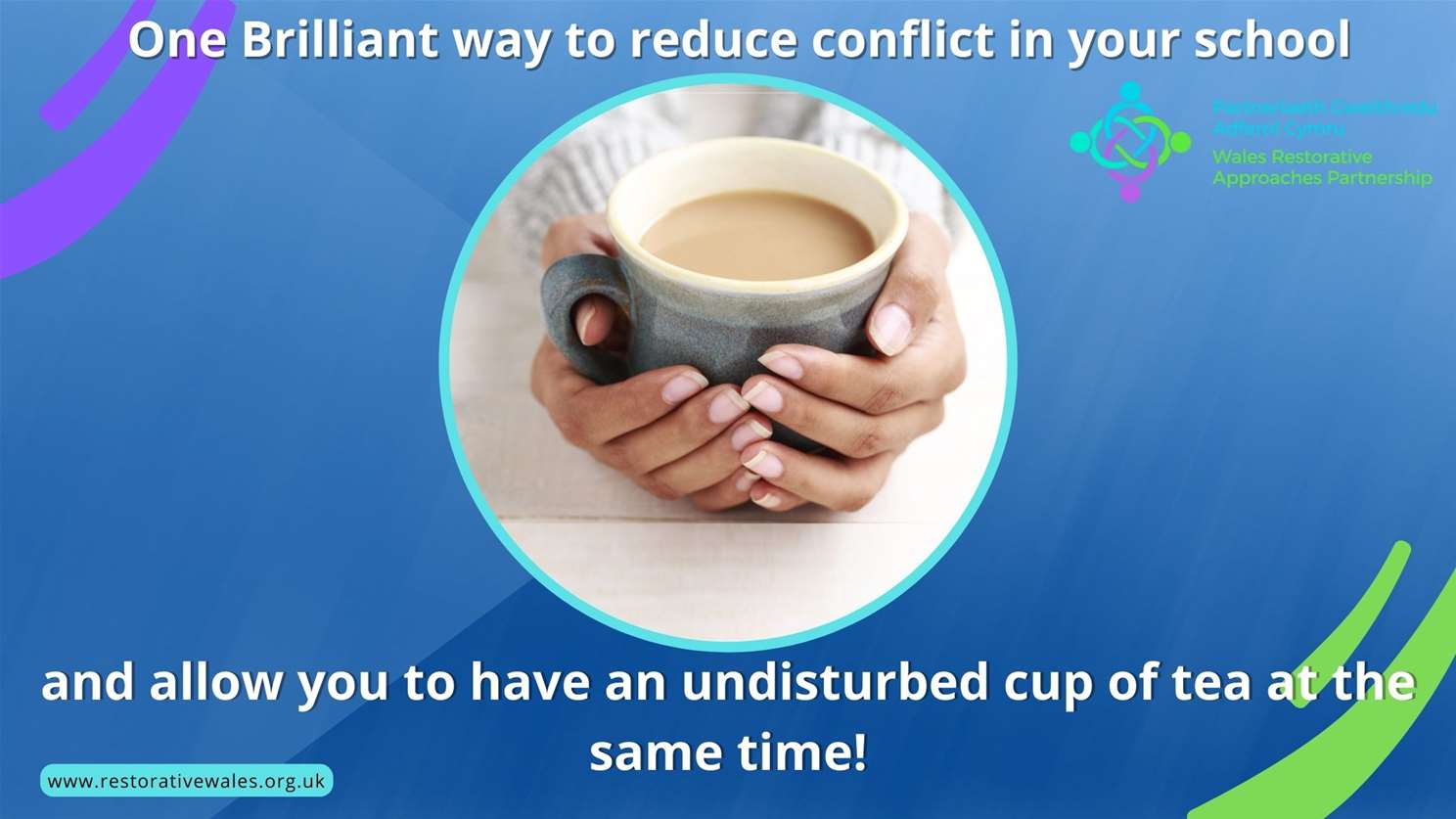Yesterday I interviewed 33 primary school children across two different schools. All year four. So that’s 8 and 9 year olds.
They were being interviewed for a new role in the school, to become a Peer Mediator. The role of a peer mediator is to help other children resolve low levels issues in break time and lunch time.
They say that roughly 12 minutes is lost to low level disruption per hour of lesson. Over a child’s life in school (4-16) that totals up to roughly 2,500 hours of lost time!
Some of that is definitely brought in from the yard, so if a school can reduce this, even by a 4 minutes, just a third, then you would gain back over 800 hours of education.
So there’s reason one that peer mediators are a great idea in school.
Reason two is that pupils improve their problem solving skills and reduce their reliance on the adults. And there’s a hidden bonus to this, less reliance on adults equals more time to sit and have a well deserved cup of tea!
Even after years of interviewing children, I am still surprised at the quality of answer, the confidence and communication skills of many of them.
The process does not begin with interviews but a job application letter. We treat the process as if they are applying for a job so they can develop the skills needed as they get older. If a large number of children apply we often need to whittle down the application, but if less apply we usually interview them all.
After interviewing all 33, we decided on 16 pupils to train in our three day workshop. Here will we teach them the skills such as active listening, restorative questioning, confidentiality and how to keep themselves safe when they help resolve conflict on the yard.
The children always love the training, and regularly pick up the skills much quicker than adults do. Maybe they have less baggage, less unhelpful traits to unlearn.
After the training they will usually be placed on a rota throughout the week so they know they are not expected to perform their role each day. We discuss how they will be identified as peer mediators, where they perform their role, what resources they may use, where to put the notes that they make and how they will advertise their offer to the rest of the school.
And if you are wondering about sustainability, there’s also the option of having your own staff trained to deliver in house peer mediation for future pupils.
If you are interested in creating your own peer mediation service then simply email us at Contactus@restorativewales.org.uk for more information!




